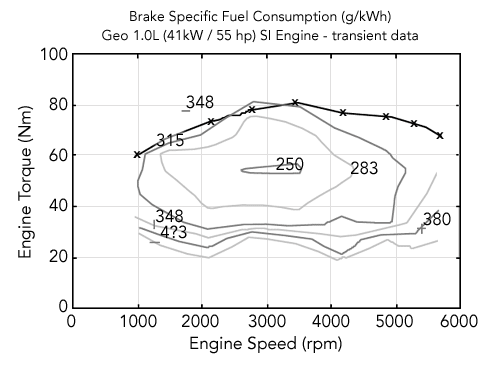Rules of thumb are guidelines at best.

Sorry, just reminded me of this scene.

The only way to know for sure is testing.
That's my take.
I think there is merit to comparing fuel economy increase to cd reduction, but not a steadfast rule. There is just so much that could contribute on different levels, for example bsfc for a different load %.
Expanding on that, the gearing at your selected speed is fixed, but your load would change. Which means your engine efficiency is now changing at a non-linear rate. Typically when compared it is something like "10% cd reduction = 5% fuel economy increase". Which is a linear rate change.
For example: A BSFC chart for a 1L metro engine

If your speed puts you at 3000 rpm and you lower your load (or required torque output) by ~30%, from 60 to 40, you can see it might be linear(ish), which might fit one rule of thumb. Then you reduce it more and now that first rule of thumb is inaccurate because of a different bsfc island. So now you would have to use a different rule of thumb based on the average of the 2, etc.
__________________
1973 Fiat 124 Special
1975 Honda Civic CVCC 4spd
1981 Kawasaki KZ750E
1981 Kawasaki KZ650 CSR
1983 Kawasaki KZ1100-A3
1986 Nissan 300zx Turbo 5 spd
1995 Chevy Astro RWD (current project)
1995 Mercury Tracer
2017 Kawasaki VersysX 300
2022 Corolla Hatchback 6MT
 https://www.youtube.com/channel/UC6s...LulDUQ8HMj5VKA
https://www.youtube.com/channel/UC6s...LulDUQ8HMj5VKA